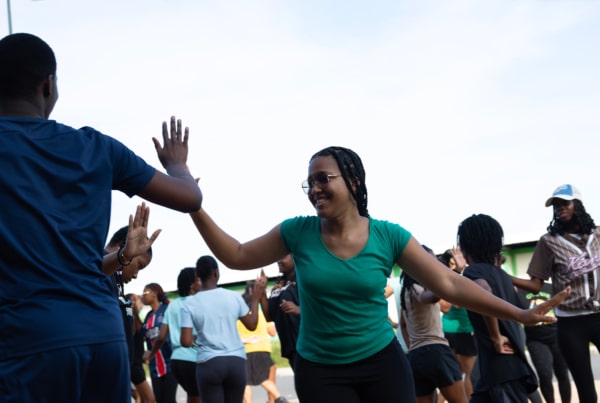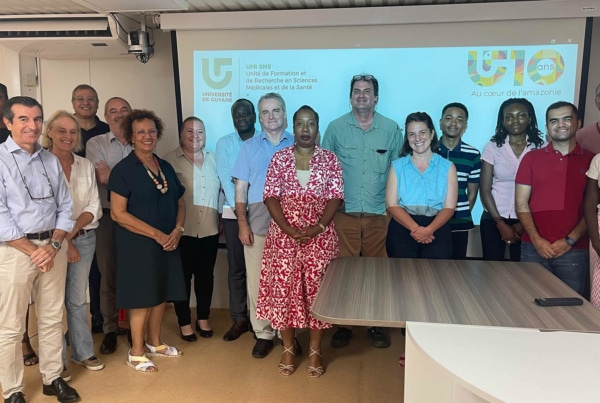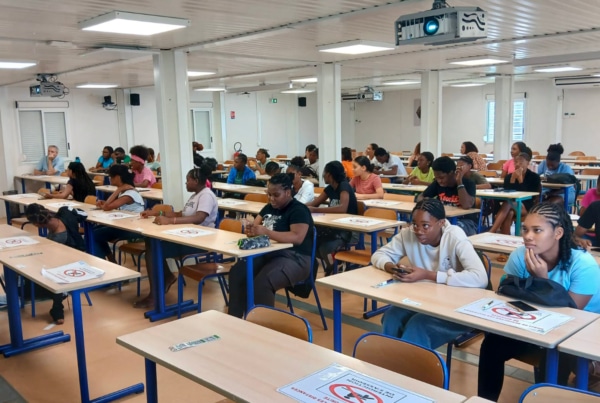
Formerly known as PCEM1 (1st cycle of medical studies), PACES is a compulsory course for students intending to study medicine. It responds to a growing need in the region for more and more doctors. Here's a closer look at this excellent course.
S f we had to describe this course in 3 words it would be : Diligence - Hard work - Perseverance. The main feature of this first year is a very strict selection process at the end of the first year, which means that students have to work very hard throughout in order to pass the competitive examination. The success rate for PACES students in French Guyana is equivalent to that of other universities. Given the numerus clausus imposed, only 10 to 12% of students will go on to medical or paramedical studies after the competitive entrance exam.
The University of French Guiana currently has 79 students, but can accommodate up to 150. Courses are taught on the Saint-Denis campus, pending the construction of the Research building, which should accommodate future classes in less than 2 years' time.
Training that requires perseverance
Students are strongly advised to have a scientific baccalaureate, ideally with honours, as the figures show that these profiles are the most successful every year. This is also an advantage, as it makes it easier to follow the intensive training programme, which combines basic sciences: maths, biochemistry; medical sciences: cell biology, physiology, anatomy, etc.; and human and social sciences.
The PACES is the result of a partnership between the universities of French Guyana, the Antilles and Bordeaux. The teaching team is made up of lecturers, university professors and hospital practitioners from the 3 universities.
The courses use ICT, available on digital platforms as videos, powerpoint, pdf, etc.
Students also receive 'traditional' classes with face-to-face teachers, particularly for tutorials. The approach remains very theoretical in this first year, with a reasonable number of hours of classes per week, but a great deal of personal work.
Graduates of the PACES competitive entrance examination go on to study medicine, pharmacy, dentistry, midwifery or physiotherapy, depending on their chosen speciality.
Training that meets the region's needs
There is a great need for doctors in French Guyana. There are 51 doctors for every 100,000 inhabitants, compared with 106 for the same number of inhabitants in mainland France. In addition to these figures, one third of the doctors practising in the department are over 60 years old. The training of our doctors, who enter through the PACES, is therefore essential to the region.
The PACES is a course of excellence available in French Guyana. It is an opportunity for our students and their families, but also for the region, which can train its doctors.
This course is still in full development. Plans are under discussion to strengthen and develop the PACES, introduce measures to improve students' chances of success and increase the number of students admitted.




